We are three pediatric infectious disease specialists who stay and work in West Virginia. The West Virginia University health system serves 400,000 children and in response to our inner knowledge, to this point, 2,520 children as much as 17 years of age have been examined for the coronavirus. Sixty-seven of them examined constructive and one grew to become sick sufficient to be admitted to the hospital.
We are requested virtually day by day about children and Covid-19: Do they get Covid-19? Should they attend day care or college, play sports activities, see mates and attend summer time camps? What are the dangers to themselves and to others?
Based on present analysis and our personal experiences, it might appear that youngsters 17 years outdated and youthful face little threat from the coronavirus. Nearly all children have asymptomatic, very mild or mild disease, however a small share of children do get very sick. Additionally, there’s proof that children can spread the virus to others, and with large outbreaks occurring all throughout the U. S, these realities elevate severe issues about college reopenings and how children ought to navigate the pandemic world.
Children in danger
When contemplating the function of children on this pandemic, the primary query to ask is whether or not they can get contaminated, and if that’s the case, how typically.
Of the 149,082 reported instances of Covid-19 within the U. S. as of late April, only 2,572 – 1.7% – were children, regardless of children making up 22% of the U. S inhabitants.
But present analysis exhibits that children are physiologically just as likely to become infected with SARS-CoV-2 as adults. This discrepancy between case numbers and organic susceptibility could also be on account of the truth that children typically typically have minimal to mild symptoms when contaminated with the coronavirus and are due to this fact much less more likely to get examined. It additionally could also be that children normally have had much less publicity to the virus in comparison with adults. Kids aren’t going to work, they’re in all probability going out to shops lower than adults, and within the states that had relaxed quarantine measures, they aren’t going out to bars or gyms.
Even although children are much less more likely to get sick from the coronavirus, they’re undoubtedly not immune. Data exhibits that children lower than one yr outdated and these with underlying circumstances are the most likely to be hospitalized. These children often expertise the respiratory misery generally related of Covid-19 and typically want oxygen and intensive care help. As of July 11, 36 kids 14 or younger had died from the virus.
In addition to the everyday Covid-19 instances, just lately there have been some scary experiences of children’s immune techniques going haywire after they’re uncovered to SARS-CoV-2.
Notable are experiences of Kawasaki disease. Normally, Kawasaki illness impacts toddlers and preschool children, inflicting extended excessive fever, rash, eye redness, mouth swelling and swelling of arteries within the coronary heart. The overwhelming majority of children that get Kawasaki illness survive when given therapies that carry down the swelling, however sadly, a few children have died from it, after publicity to the coronavirus led to the illness. Physicians don’t know what causes Kawasaki illness usually or why a coronavirus an infection may set off it.
[You’re too busy to read everything. We get it. That’s why we’ve got a weekly newsletter. Sign up for good Sunday reading. ]
In the previous few months, there have additionally been experiences of some children, after changing into contaminated with the coronavirus, experiencing fever and rash together with a life-threatening blood pressure drop and sudden severe heart failure.
The children and youngsters with this Covid-19-related shock syndrome – now named multisystem inflammatory syndrome in children, or MIS-C – are older than these docs often see with Kawasaki illness. Experts suppose these two sickness usually are not the identical, regardless of having related options and related therapies.
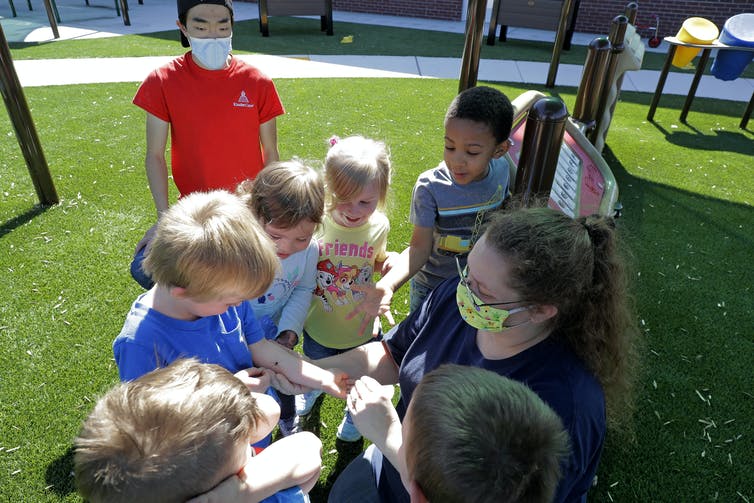
Research exhibits that youngsters are in a position to unfold the coronavirus – older children extra simply than youthful children. AP Photo/Ted S. Warren
Children as spreaders
So if children can catch the coronavirus, the subsequent essential query is: How simply can they unfold it? Since children have milder signs, some specialists suppose that children are probably not the drivers of the Covid-19 pandemic. Additionally, current analysis has proven that the majority children who catch the coronavirus get it from their parents, not other children.
![]()
Small children could have weaker coughs and due to this fact would launch fewer infectious virus particles into their surroundings. A current examine from South Korea discovered that whereas younger children appear much less in a position to unfold the illness in comparison with adults, children 10 to 19 years outdated unfold the virus at least as well as the adults do. The lack of proof that children are main sources of transmission could merely be as a result of the pathway of an infection was interrupted as a result of nationwide college closures within the spring. As children resume extra of their regular day by day actions – like college, sports activities and day care – we simply may discover the reply to how simply children unfold this harmful virus.
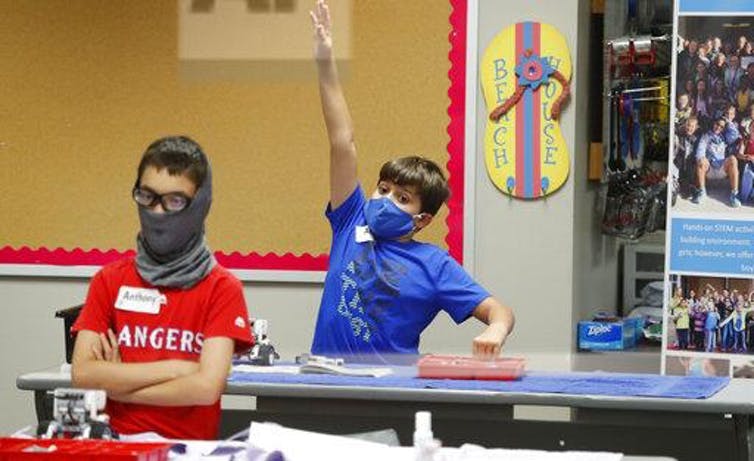
Should faculties reopen if children can get sick from and unfold the coronavirus? AP Photo/LM Otero, File
So what now?
The proof clearly exhibits that every one individuals, no matter age, can get contaminated by SARS-CoV-2. While analysis exhibits that youngsters are extra immune to extreme sickness from the coronavirus, they’re nonetheless in danger and can unfold the virus even when they themselves usually are not sick.
Given all this data, a query naturally arises: Should faculties reopen within the coming weeks? In locations the place transmission charges are low, reopening schools could be a viable option. But nowadays, within the U. S., new case numbers are surging in most states. This requires a extra nuanced method than a full-scale reopening of colleges.
Since younger children face low risk of getting seriously ill, are much less more likely to unfold the illness and benefit greatly from in-person interactions, we imagine in-school studying must be thought of. Opening faculties for elementary college children, and arising with more and more on-line choices for the older grades, might be one option to method this thorny downside.![]()
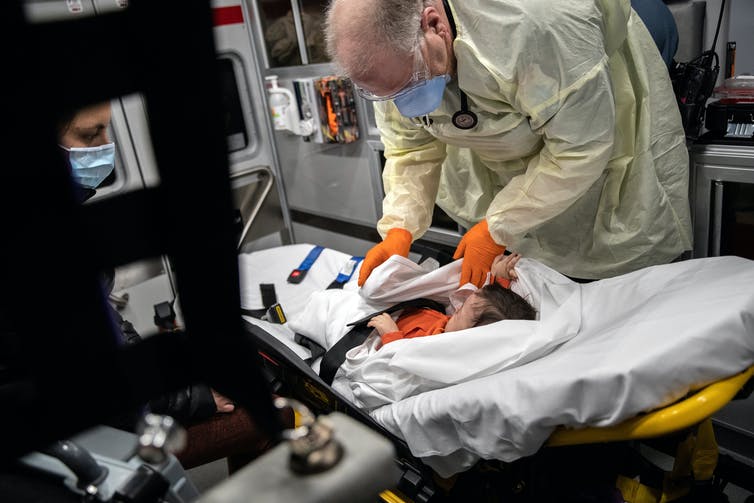
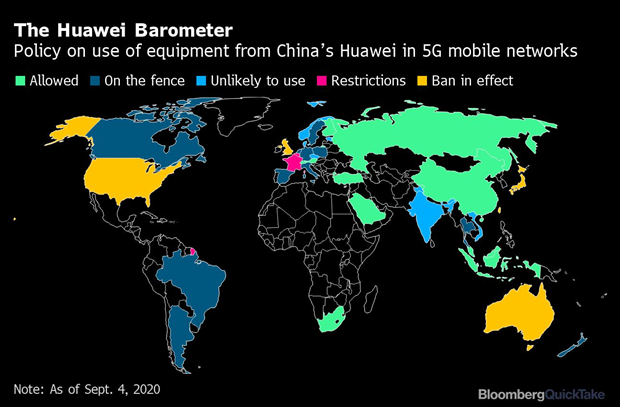

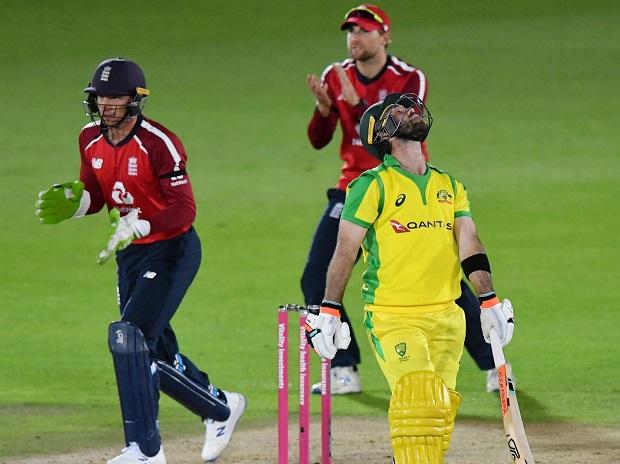
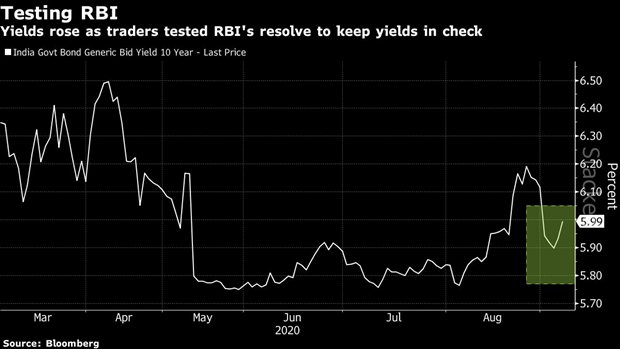

Be First to Comment